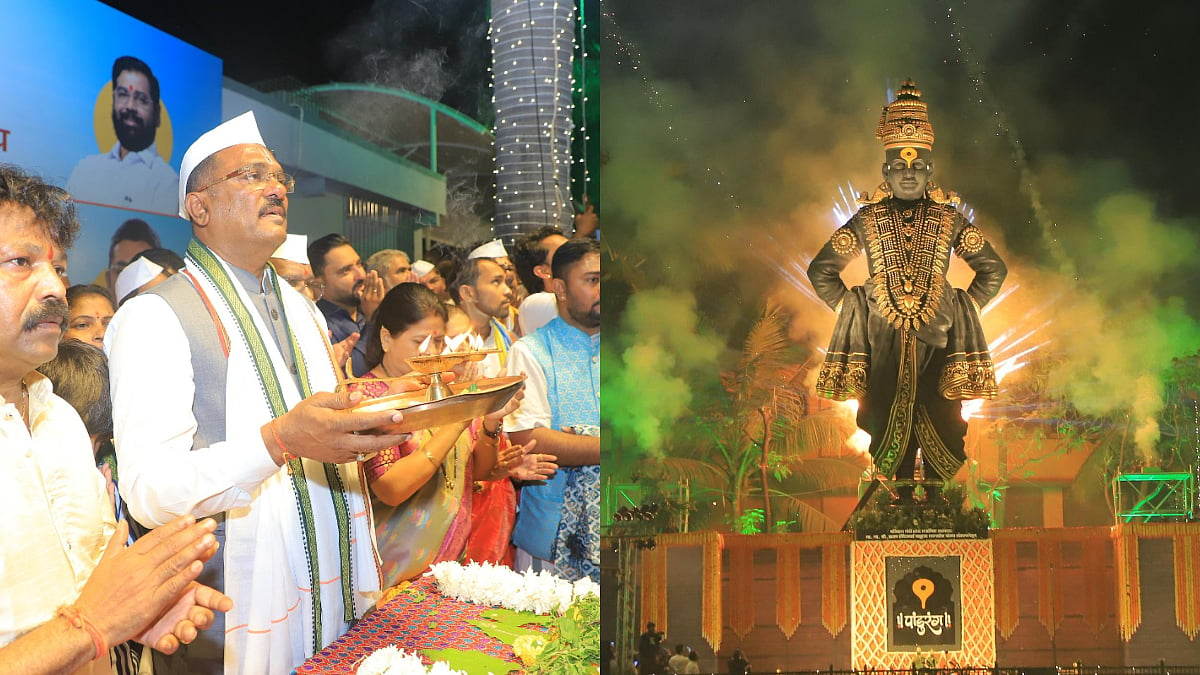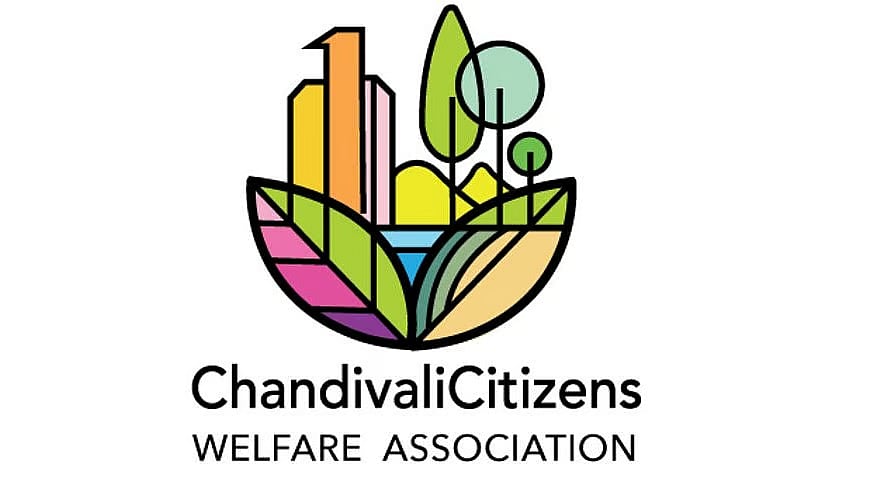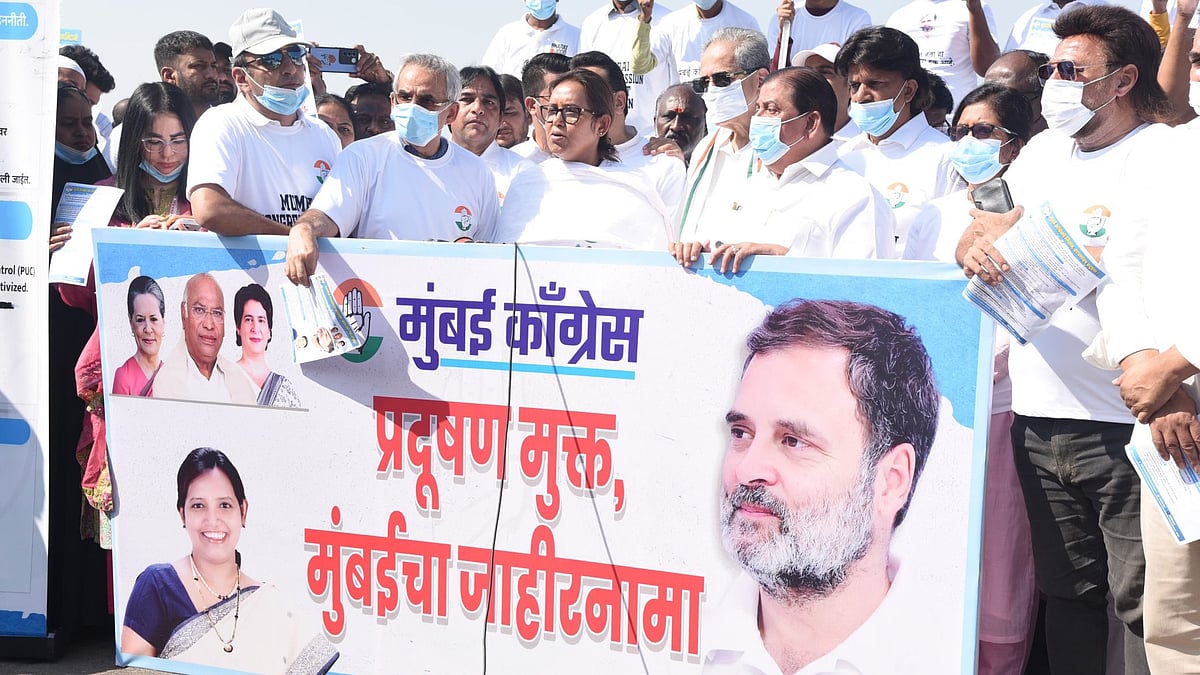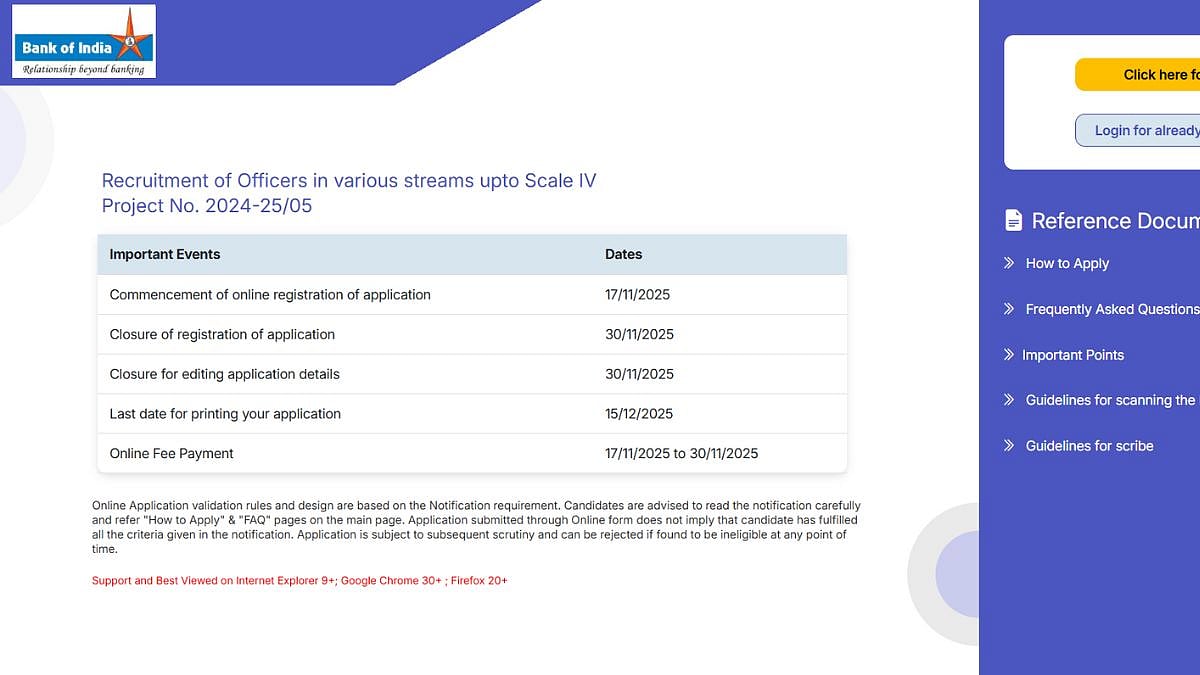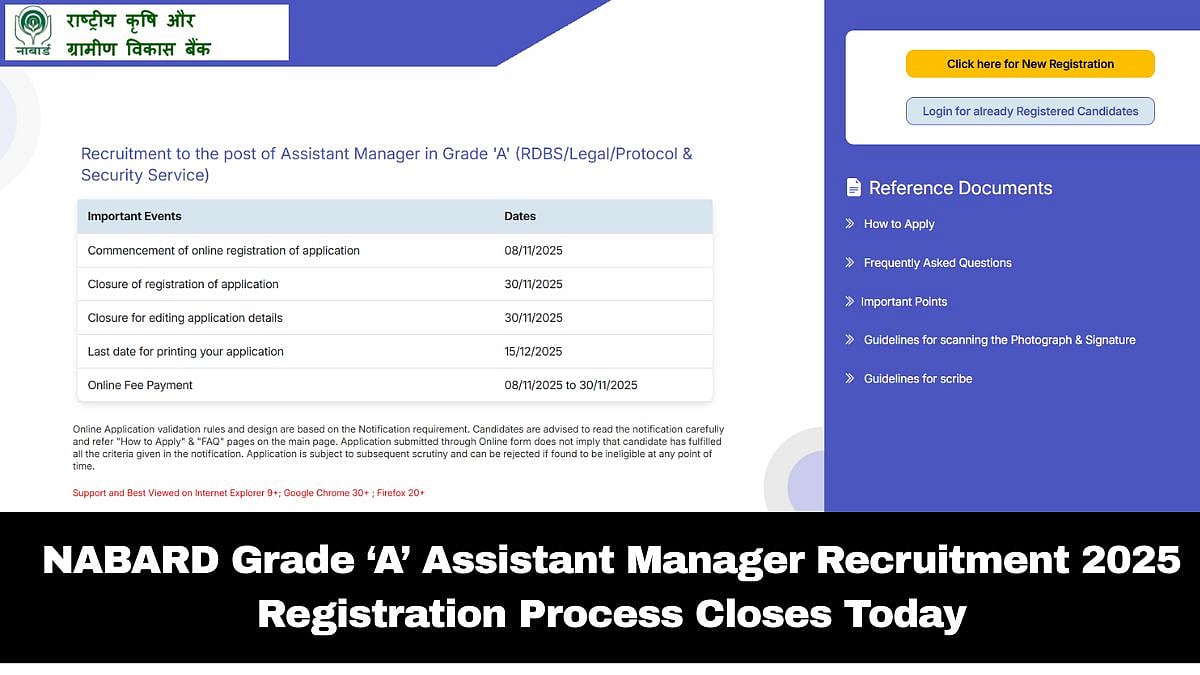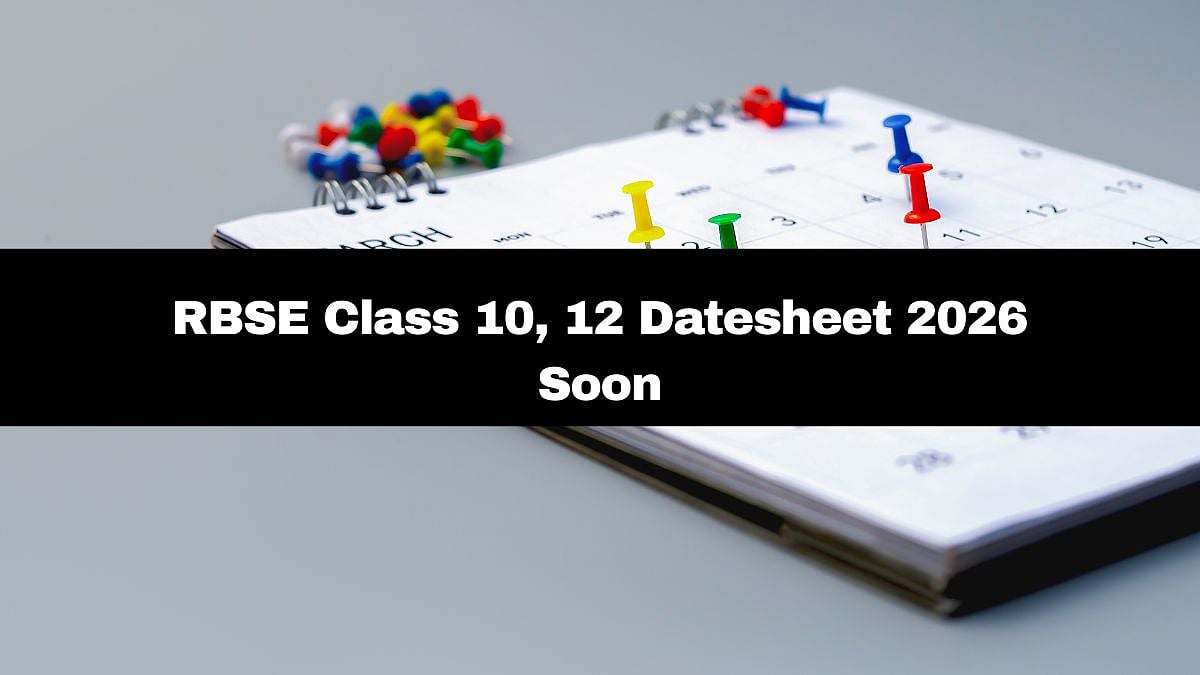The mains exam for the Joint Entrance Examination (JEE) 2025 has begun today. Paper 1 will be for Bachelor of Engineering/Bachelor of Technology (B.E/B.Tech), and Paper 2 will be for Bachelor of Architecture (B.Arch) and Bachelor of Planning (B.Planning). The exams will be administered by the National Testing Agency (NTA).
The dates of the entrance exam's Paper 1 and Paper 2 are January 22, 23, 24, 28, and 29, 2025, and January 30, 2025, respectively.
The exam for Paper 1 will be conducted in two shifts:
Shift 1: 9 am to 12 pm
Shift 2: 3 pm to 6 pm
The exam for Paper 2 will be conducted in a single shift:
Timing: 3 pm to 6:30 pm
Student feedback:
Sanchit K, a Class 12 student attempting JEE for the first time at a Mira Bhayandar center, shared his insights:
Physics: The weightage distribution was surprising. Very few questions from mechanics but three from ray optics, two of which were difficult. There were also three questions from thermal physics, which usually has low weightage. Modern physics had fewer questions, and the numericals were lengthy and tough.
Chemistry: Organic chemistry had less weightage, with only one or two questions from GOC and two reaction-based questions. Inorganic and physical chemistry had nearly equal weightage, and physical numericals dominated. Overall, chemistry felt easier than the 2024 papers.
Mathematics: Maths was tough and lengthy as usual. There were fewer calculus-based questions, but 3–4 questions from probability and P&C. Vectors and 3D had similar weightage as last year but felt tougher. Coordinate geometry questions were well-represented, including straight lines, hyperbola, and circle-parabola combinations.
Ajay Sharma, National Academic Director, Engineering, Aakash Educational Services Limited Analysis
Physics for many candidates, the physics portion was easy. There was good representation of subjects like mechanics, current electricity, optics, modern physics, and waves. But there were noticeably no queries on AC, EMI, or magnetism. Some PYQs (prior year questions) were included so that prepared students may become familiar with them.
Every chapter was equally covered in the Chemistry paper. A few theory-based questions were unclear, but the majority of the questions were doable. Thermodynamics, biomolecules, p-block, d-block, electrochemistry, and kinetics were among the main topics covered. The section provided fair representation overall.
Mathematics the difficulty of the mathematics part ranged from moderate to challenging. Some of the questions required lengthy calculations, but overall they weren't that difficult. Probability, matrices, algebra, calculus, vectors, coordinate geometry, three dimensions, and calculus were among the main subjects. Nearly every significant chapter was covered in this thorough paper. Despite its balanced coverage, mathematics seemed time-consuming to many students.
Overall difficulty: Overall, the JEE Main paper on January 22 was easy to moderately difficult. While the mathematics portion was a little long and calculative, the chemistry and physics sections were really simple.
Despite the mathematical challenges, the paper was balanced and could be completed in the allocated time with sufficient preparation.

